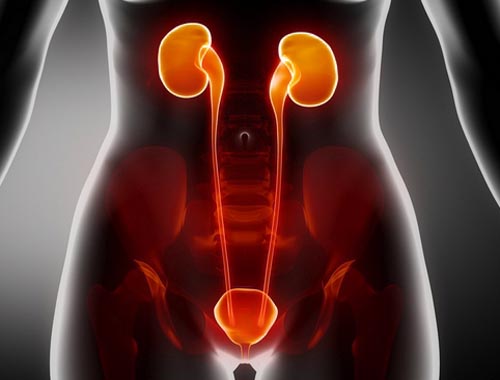Understand Lab Tests and Blood Tests Online rangelabtest
 Published: 10 Sep 2024
Published: 10 Sep 2024

It frequently occurs as part of a regular checkup. Among other blood components, this test counts your red blood cells, white blood cells, and platelets. CBC is used to assess nutritional status, screen for diseases, and ascertain general health conditions. It can aid in the evaluation of signs such as weakness, exhaustion, and bruises and diagnosis of illnesses such as anemia, leukemia, malaria, and infection.
CBC includes:
Total concentration amount of hemoglobin present in the blood (Hgb)
Fraction of blood composed of red blood cells (Hct)
Hemoglobin volume in each RBC (mean corpuscular volume [MCV])
Weight of hemoglobin in each RBC (mean corpuscular hemoglobin [MCH])
The proportion of hemoglobin in each RBC (mean corpuscular hemoglobin concentration [MCHC])
Number of platelets, which are critical to the formation of the clot
MCV, MCH, and MCHC values help diagnose various types of anemia
Normal ranges for a CBC
Normal range Hgb:
Men: 13.0 to 17.0 g/dL
Women: 11.5 to 15.5 g/dL
Hematocrit normal range:
Men: 40 to 55 percent
Women: 36 to 48 percent
Platelet count normal range:
Adult: 150,000 to 400,000/mL
White blood cell normal range:
Adult: 5,000 to 10,000/mL.
The panel also looks at important minerals in the blood, such as iron, calcium and potassium.
Vitamin D-25 Hydroxy
Vitamin D's importance to overall health has been a big newsmaker in recent years. Low vitamin D levels are common, especially among the elderly. That's a big health concern, given that vitamin D is important to all the body's cells and tissue. The 25-hydroxy vitamin D test accurately measures the level of this important vitamin because 25-hydroxy vitamin D changes to an active form of vitamin D in the kidney.Known as Complete Metabolic and Lipid Panel, this test reveals important information about the health of your vascular system, liver, kidneys, and blood cells. The Complete Metabolic measures blood glucose, while the Lipid panel measures total cholesterol and breakdowns of HDL (high-density lipoprotein, or good cholesterol) versus LDL (low-density lipoprotein, or bad cholesterol). In other words, it can help detect or predict heart disease, diabetes, and other common chronic conditions. Complete Metabolic and Lipid Panel
This is the test you might receive at an annual physical. Vitamin D deficiency can affect immune function, bone density, heart health�even mood. It's valuable and low cost.